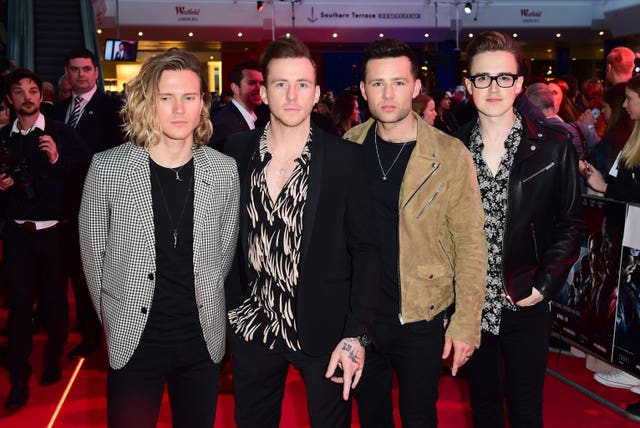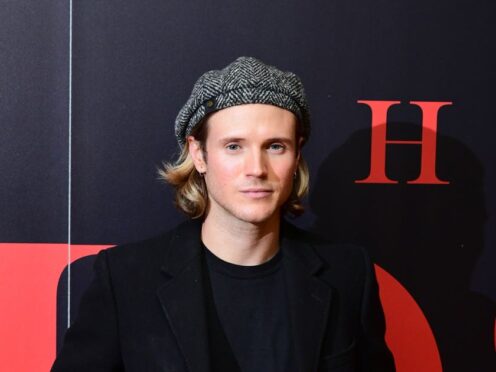McFly star Dougie Poynter has opened up about his experience of going to rehab twice for separate addictions, saying: “they were the worst times in my life and the best”.
The bassist, 35, rose to fame as a member of the band – alongside Tom Fletcher, Danny Jones and Harry Judd – which produced hit tracks such as 5 Colours in Her Hair and Star Girl.
Appearing on the On The Mend podcast of his friend and Busted musician Matt Willis, Poynter spoke candidly about his recovery process and how he used music to reconnect with his “pre-drink and drugs” self.

Reflecting on his time in rehab, he said: “I’ve done it twice for two separate addictions.
“Both times I felt like they were huge life-changing things, they were like the worst times in my life and the best, for some reason.
“I still reference my last stint in rehab now whenever I’m like not feeling quite right or something.”
The 35-year-old explained that his therapist helped him work out that a creative approach was needed for his recover rather than traditional reading or writing tasks.
Instead, he said she set him painting tasks to help articulate his emotions, adding: “I found it easier to do that because I was stimulated and I liked doing it, and that was like a little glimmer of hope.”
Poynter revealed that the biggest help for him was reconnecting with music, saying: “When I couldn’t connect with any kind of sense of self, I didn’t know who the f*** I was anymore which was terrifying, the disconnect from myself, friends, family, I just felt like I was this lone traveller of the world that didn’t know anybody, like a f****** alien. Which was f****** terrifying.
“So she did this musical task where she was like: ‘I want you to pick some music that connects to your inner child.’
“At first I’m going on Spotify, I’m selecting all my favourite rock songs and I’m like: ‘This is me, this is me.’ But I was sat there and I wasn’t feeling any inner child shit.”
He explained that it was when he turned to movie soundtracks from films like Home Alone and Jurassic Park which was when it started to connect with him.
“Whilst I was listening to them, (I) started to remember who I was pre-drink and drugs. And all the shit that I was into, like dinosaurs and stuff,” he said.
“All the nerdy stuff that I now know that I absolutely love and it’s really important to have in my life.
“And that sense of connecting to the little kid that I was, was so overwhelming, like yeah I f****** cried and then couldn’t stop crying and couldn’t stop listening to those bits of music.”
Poynter has released seven albums with McFly over the years and the group has also collaborated with Busted for a number of occasions to form supergroup McBusted.
He also won I’m a Celebrity…Get Me Out of Here! in 2011.
The musician said the most important thing for him now is “being honest with myself, and knowing myself”.
He added: “I think it’s that combination so really honestly knowing what my triggers are and being aware of those.
“I see those triggers as like little f***** up abstract demons that live inside my head and in my gut that can manifest from any kind of situation which will start eating at me.
“And that can be for me the beginning of a spiral that eventually I will end up going back to drugs because there’s no other way to get rid of them because it’s so consuming, I don’t want to live in fear for the rest of my life.”
On The Mend with Matt Willis is available now wherever you get your podcasts.
